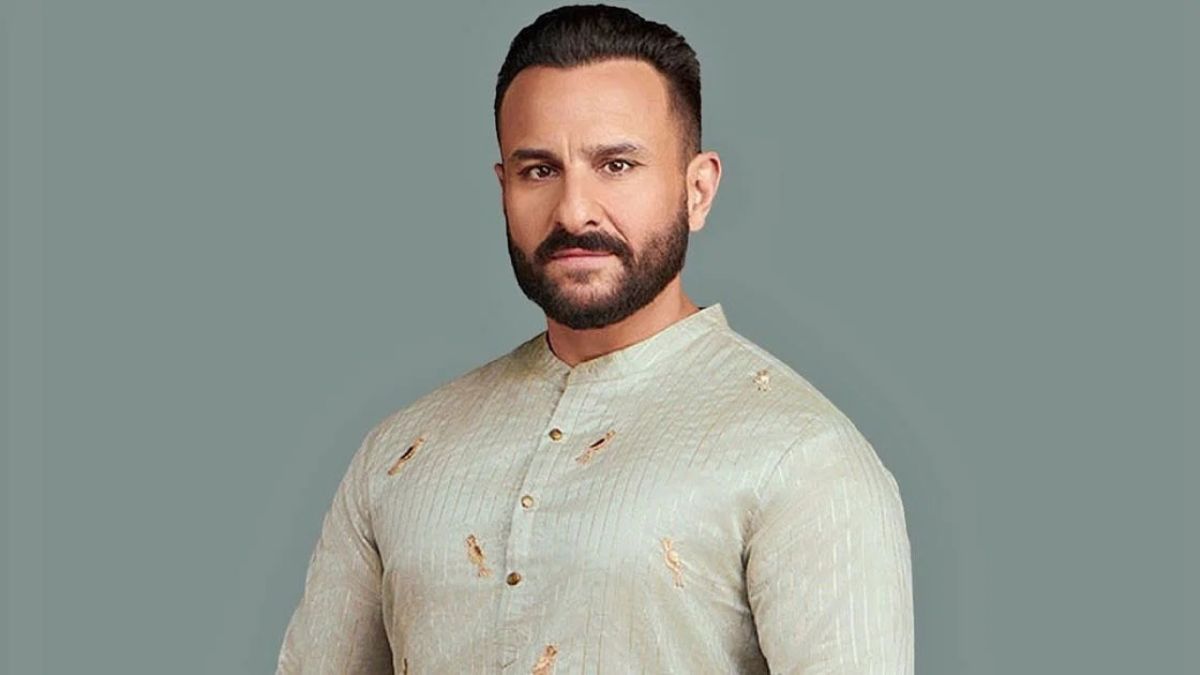
The staggering ₹35.95 lakh bill for actor Saif Ali Khan’s treatment at Lilavati Hospital has reignited concerns about exorbitant healthcare costs in India. The Bollywood star, who was hospitalized following a knife attack at his Bandra West residence, spent 5-7 days under treatment for stab wounds. While his insurance covered ₹25 lakh, the remaining claim is still under review, leaving many questioning the sustainability of such high medical expenses.
What Does the ₹35.95 Lakh Bill Include?
Dr. Prashant Mishra, a prominent cardiac surgeon from Mumbai, has openly criticized the billing practices of premium hospitals, pointing out the lack of transparency. “Why such exorbitant charges for a stab injury requiring 5-7 days of hospitalization? Most hospitals have fixed package systems,” Mishra posted on social media platform X.
Fixed Package vs. Open Billing Systems:
- Open Billing: Costs vary based on services rendered, offering flexibility but leading to unpredictable expenses.
- Fixed Package: Standardized charges provide cost predictability but may not cover complexities in treatment.
In Saif Ali Khan’s case, the open billing system appears to have been employed, significantly inflating the overall cost.
How Do Exorbitant Bills Impact Insurance and the Middle Class?
Mishra highlighted the ripple effect of such high bills on the general population, particularly the middle class. Insurance companies often approve larger claims for premium hospitals, leading to:
- Rising Insurance Premiums: Higher payouts by insurance companies directly result in increased premiums for all policyholders.
- Disparities in Coverage: Smaller hospitals and middle-class patients often face stricter caps, with approvals rarely exceeding ₹5 lakh for similar treatments.
- Financial Strain: Families with limited coverage face significant out-of-pocket expenses due to unpredictable billing practices.
What Solutions Are Being Proposed to Curb Healthcare Costs?
Dr. Mishra advocates for a standardized package system across all hospitals to bring greater transparency and affordability to healthcare.
Benefits of Standardized Packages:
- Cost Predictability: Patients and insurers can anticipate expenses more accurately.
- Transparency: Fixed costs reduce billing discrepancies and disputes.
- Accessibility: More predictable costs may make high-quality healthcare accessible to a broader population.
Challenges in Implementation:
- Complex Cases: Standardizing fees for treatments requiring specialized care is difficult.
- Provider Buy-In: Hospitals may resist uniform pricing due to varying operational costs.
What Are the Broader Implications of Such High Bills?
The leaked claim details from Saif Ali Khan’s case expose the stark inequalities in India’s healthcare system. Premium hospitals can negotiate higher claims, while smaller facilities and middle-class patients face strict limitations. This disparity underscores the urgent need for regulatory intervention to address the financial strain on ordinary citizens.
Mishra’s call for reform resonates with many, as healthcare costs continue to rise disproportionately, fueled by unchecked billing practices and uneven insurance coverage.
FAQs
Why was Saif Ali Khan’s hospital bill so high?
The bill was inflated due to the use of an open billing system, which allows costs to vary significantly based on services provided, rather than employing a standardized package.
How much of Saif Ali Khan’s bill was covered by insurance?
₹25 lakh of the ₹35.95 lakh bill was covered under cashless insurance, while the remaining claim awaits final processing.
What is the difference between open billing and fixed packages?
Open billing varies costs based on rendered services, offering flexibility but leading to unpredictable expenses. Fixed packages standardize charges, ensuring greater transparency and cost predictability.
How do high hospital bills affect insurance premiums?
High payouts by insurance companies to premium hospitals lead to increased premiums for the general population, burdening middle-class policyholders.
What is Dr. Prashant Mishra’s solution to control medical expenses?
Dr. Mishra advocates for implementing a standardized package system across hospitals to curb inflated costs and improve accessibility to quality healthcare.
How do billing practices differ for smaller hospitals?
Smaller hospitals typically face stricter caps on insurance approvals, with claims rarely exceeding ₹5 lakh, even for similar treatments.
What are the challenges of implementing standardized healthcare packages?
Standardizing fees for complex cases and gaining buy-in from hospitals with varied operational costs are significant challenges.
How can patients protect themselves from exorbitant medical bills?
Patients can:
- Choose hospitals with transparent billing practices.
- Compare costs for similar treatments across facilities.
- Opt for comprehensive insurance plans to minimize out-of-pocket expenses.
Click here to know more.

